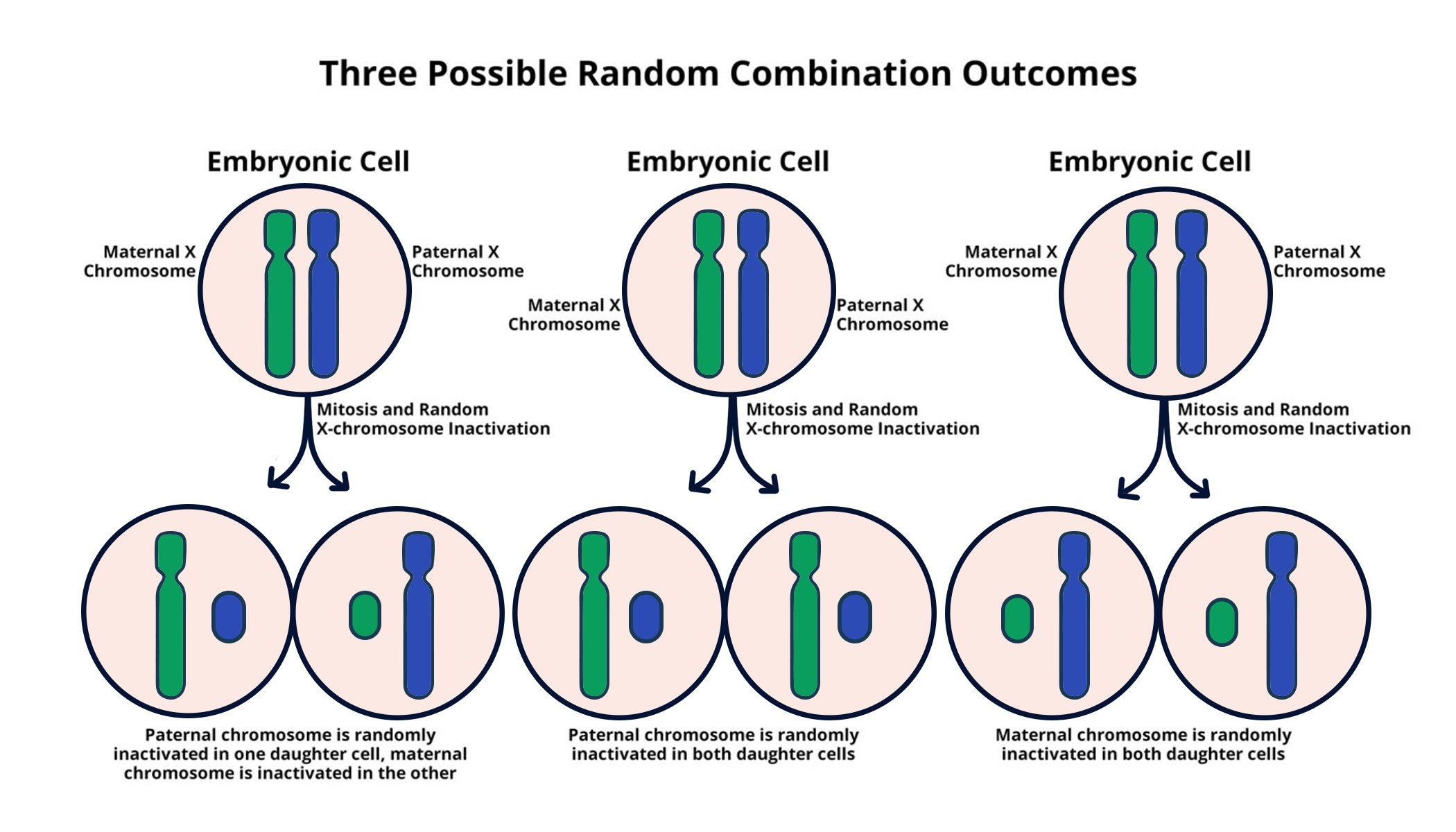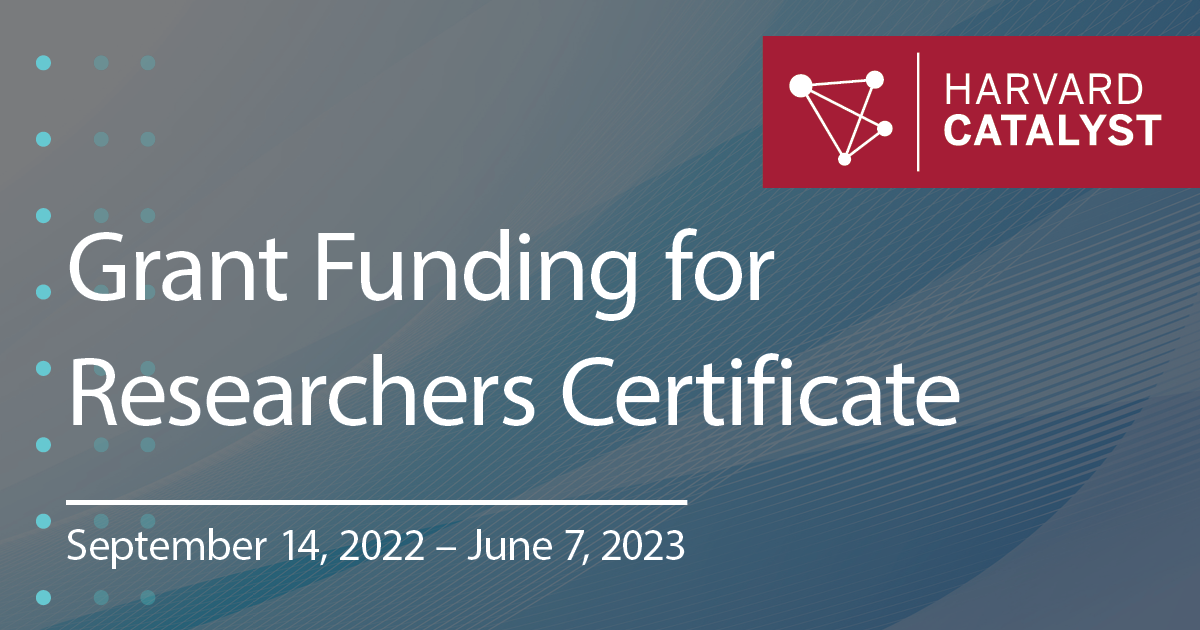
Quantum Computing Breakthrough: Trapping Molecules Advances Tech
Quantum computing is transforming the landscape of computational technology, unlocking speeds and capabilities that traditional computers are unable to achieve. Recent breakthroughs in trapping molecules have ushered in a new era for quantum operations, allowing researchers to manipulate complex molecular structures as qubits. This innovative step, undertaken by a team from Harvard, highlights the potential of molecular quantum computers, utilizing intricate internal structures for advanced computational tasks. In addition, techniques like optical tweezers have become essential for controlling trapped molecules, making precise adjustments to their quantum states possible. The implications of these advancements are vast, paving the way for revolutionary applications in medicine, finance, and beyond.
The field of advanced computational systems is undergoing a remarkable evolution, driven by the principles of quantum mechanics. Researchers are increasingly exploring the use of intricate molecular frameworks for computational purposes, a shift that could redefine how we understand processing and data manipulation. With the advent of sophisticated techniques aimed at managing trapped particles, particularly in ultra-cold environments, these quantum systems stand on the brink of unprecedented capabilities. Moreover, the integration of methods like optical manipulation enhances control over quantum states, enabling groundbreaking discoveries. The push towards molecular quantum systems represents not just a technical feat but a significant leap toward harnessing the full power of quantum physics.
The Breakthrough of Trapped Molecules in Quantum Computing
In a landmark achievement, researchers at Harvard University have successfully trapped molecules to perform quantum operations, marking a pivotal moment in the field of quantum computing. Led by Kang-Kuen Ni, the team utilized ultra-cold polar molecules as qubits, the fundamental units of information in quantum systems, showcasing the potential of molecular quantum computers. This breakthrough not only demonstrates the feasibility of using complex molecular structures in quantum operations but also sets the groundwork for developing advanced quantum technologies that could surpass current computational capabilities.
The implications of being able to manipulate trapped molecules for quantum computing are profound. Traditionally, quantum computers have relied on simpler systems, such as trapped ions and superconducting circuits, due to the challenges presented by the intricate structures of molecules. However, by using state-of-the-art optical tweezers to create stable, ultra-cold environments, researchers can now harness the unique properties of molecules, overcoming previous limitations and opening new avenues for innovation in quantum computation.
Understanding Quantum Operations and Their Impact
Quantum operations form the backbone of quantum computing, reminiscent of logic gates in classical computing but vastly more powerful. While classical gates manipulate binary bits, quantum gates operate on qubits which can exist in multiple states at once. This principle of superposition allows qubits to process information in ways that traditional bits simply cannot, making quantum operations essential for achieving the exponential speeds that quantum computing promises. The research conducted by the Harvard team highlights the potential for utilizing molecular quantum systems to execute these operations with unprecedented efficiency.
The successful implementation of an iSWAP gate, which generated a two-qubit Bell state with high accuracy, signifies a major step forward in the utilization of molecular quantum states. This feat exemplifies how quantum entanglement can be achieved using complex molecules, establishing a framework for future quantum circuits built around molecular architectures. As researchers continue to explore the capabilities of trapped molecules, they are likely to uncover new methods for enhancing quantum operations, further bridging the gap between theoretical possibilities and practical applications.
Challenges in Harnessing Molecular Quantum States
While the trapping of molecules for quantum computing presents exciting opportunities, it also comes with inherent challenges. Historically, the erratic movement of molecular structures posed significant hurdles for maintaining coherence, a critical component in quantum operations. The Harvard team addressed these complications by employing ultracold temperatures, which substantially reduces molecular motion, allowing for more precise control over quantum states. This addresses the stability issues that have long hindered the potential of molecular systems in quantum applications.
Moreover, the necessity for innovative stabilization techniques becomes clear as researchers continue to push the boundaries of molecular quantum computers. The findings regarding the electric dipole-dipole interaction among trapped molecules underscore the complexity of managing multiple quantum states. Future endeavors will be focused on enhancing the stability of these states and refining error measurement protocols, thus paving the way for practical implementations of molecular quantum computing.
The Role of Optical Tweezers in Quantum Experiments
Optical tweezers have become indispensable tools in the manipulation of microscopic particles, and their application in quantum computing is proving revolutionary. The Harvard team utilized these precise laser-based devices to trap sodium-cesium molecules, creating a stable environment conducive for exploring quantum operations. By focusing lasers, researchers can exert control over the position and motion of the molecules, effectively minimizing external disturbances that could impact the entanglement processes.
This innovative approach facilitates the detailed study of quantum interactions at a molecular level, allowing researchers to observe and manipulate quantum states with unprecedented accuracy. As advancements in optical tweezers technology continue, it opens new opportunities to conduct intricate experiments that could lead to a deeper understanding of quantum phenomena and further advancements in molecular quantum computing.
Future Perspectives on Molecular Quantum Computers
The successful trapping of molecules for quantum operations is not just a milestone; it signifies a burgeoning era for molecular quantum computing. With the completion of the foundational elements like the iSWAP gate, researchers now have a robust platform to explore the intricacies of molecular interactions and their potential in computational tasks. The inherent complexity of molecular systems offers a wealth of opportunities for developing new quantum algorithms and enhancing computational capabilities beyond what is achievable with traditional quantum hardware.
As the field progresses, interdisciplinary research combining physics, chemistry, and engineering will likely accelerate breakthroughs in molecular quantum computing. The ability to effectively utilize molecular structures could lead to advancements in fields such as materials science and drug discovery, where quantum simulations of molecular interactions could revolutionize our approach to solving complex problems. The excitement surrounding this research stems from the endless possibilities that lie ahead in leveraging quantum mechanics for transformative technological innovations.
Quantum States and Their Significance in Computing
Quantum states are a fundamental aspect of quantum mechanics that allow for the unique capabilities of quantum computers. Unlike classical bits that exist in a defined state of either 0 or 1, qubits can exist in superpositions of both states simultaneously. This property is what enables quantum computers to perform multiple calculations at once, vastly improving processing power. The research conducted by the Harvard team provides insight into how specific quantum states can be effectively generated and manipulated using trapped molecules, illustrating the potential of molecular systems to enhance quantum computing technology.
Understanding and controlling quantum states are crucial for developing algorithms that leverage the power of quantum computing. As researchers refine their techniques in trapping and manipulating molecules, they unlock new methods for creating desirable quantum states and enhancing coherence times. The quest for stable, scalable quantum states continues to be a major focus in the field, with each step forward paving the path toward realizing practical quantum computers capable of solving real-world problems efficiently.
The Interplay Between Quantum Operations and Molecular Structures
In the realm of quantum computing, the interplay between quantum operations and the unique characteristics of molecular structures is gaining significant attention. The groundbreaking research by the Harvard team demonstrates how molecular intricacies can be harnessed for quantum operations, adding a new dimension to quantum computing technologies. By exploring the relationships between quantum states and molecular properties, scientists can uncover innovative strategies for improving quantum coherence and entanglement, essential for powerful computing capabilities.
As researchers continue to explore the dynamics of trapped molecules and their quantum behavior, the understanding of how to leverage molecular structures for quantum operations deepens. These insights not only enhance the current capabilities of quantum computers but may also lead to entirely new paradigms in quantum information processing. The future of molecular quantum computing lies in fully exploiting the rich tapestry of molecular characteristics to redefine the limits of computation.
Implications of Molecular Quantum Computing for Various Industries
The implications of advances in molecular quantum computing extend far beyond theoretical discussions; they have the potential to revolutionize various sectors including medicine, finance, and materials science. With the capability to perform complex simulations and optimizations at unprecedented speeds, molecular quantum computers could vastly improve drug discovery processes by accurately simulating molecular interactions and predicting outcomes with high precision. This capability would drastically reduce time and resources spent on experimental testing.
Furthermore, the financial sector could also benefit significantly from advancements in quantum computing, particularly in areas such as risk assessment and portfolio optimization. The ability to analyze vast datasets simultaneously and identify patterns not easily observable with classical computing methods could reshape financial modeling and strategy development. As industries begin to recognize the transformative potential of molecular quantum computers, investments into this technology will likely accelerate, driving innovations that could change the landscape of computational capabilities.
Research Collaborations in Quantum Computing
Collaboration is critical to the success and advancement of research in quantum computing. The Harvard team’s recent achievements are a testament to the power of interdisciplinary partnerships, involving physicists and researchers from multiple institutions, including the University of Colorado. By combining expertise from various domains, scientists can tackle the complex challenges associated with developing molecular quantum computers effectively. Such collaborative efforts are vital to addressing the limitations inherent in quantum systems, particularly those relating to decoherence and stability.
As research in quantum computing continues to evolve, fostering collaborative networks will enhance the exchange of ideas and methodologies needed to innovate within the field. Cross-institutional projects can lead to groundbreaking discoveries that might not be possible within isolated laboratories. Emphasizing collaboration will ensure that diverse perspectives and techniques contribute to a robust understanding of molecular quantum operations, ultimately advancing the development of practical quantum technologies.
Frequently Asked Questions
What are quantum operations and how do they relate to quantum computing?
Quantum operations refer to the manipulation of qubits, the fundamental units of quantum information, in quantum computing. These operations enable various computational tasks by applying quantum gates to qubits, allowing them to exist in superpositions and be entangled. The recent achievement of trapping molecules to conduct quantum operations is a significant milestone in the development of molecular quantum computers.
How do researchers use molecular quantum computers in quantum computing?
Molecular quantum computers leverage the intricate internal structures of molecules as qubits to perform quantum operations. By trapping molecules, such as sodium-cesium, using optical tweezers, researchers can manipulate their quantum states to create entangled systems, enhancing the potential of quantum computing technologies.
What role do trapped molecules play in advancing quantum computing technologies?
Trapped molecules play a crucial role in advancing quantum computing technologies by providing stable qubits that can be precisely manipulated for quantum operations. This level of control over molecular quantum states allows researchers to harness their complexity and achieve high accuracy in entangling qubits, which is essential for creating effective quantum systems.
What are optical tweezers and how are they used in quantum computing?
Optical tweezers are tools that use focused laser beams to trap and manipulate tiny particles, including molecules, with precision. In quantum computing, optical tweezers are used to hold trapped molecules in ultra-cold environments, enabling researchers to control their quantum states effectively and perform complex quantum operations vital for building molecular quantum computers.
What is a two-qubit Bell state and its significance in quantum computing?
A two-qubit Bell state is a specific quantum state that represents entanglement between two qubits, where the state of one qubit is dependent on the state of the other, no matter the distance. This property is significant in quantum computing as it facilitates superposition and enables operations that are traditionally unattainable, thereby enhancing computational power and efficiency.
What challenges did researchers face in trapping molecules for quantum operations?
Researchers traditionally faced challenges in trapping molecules for quantum operations due to their complex internal structures, which made them unstable and difficult to control. Erratic molecular movements disrupted coherence, vital for reliable quantum operations. The recent advancements in utilizing ultra-cold environments and optical tweezers have addressed these challenges, enabling stable manipulation of quantum states.
How does the achievement of trapping molecules enhance the future of quantum computing?
The achievement of trapping molecules for quantum operations signals a transformative step in the evolution of quantum computing. By harnessing the unique properties of molecular structures as qubits, researchers can explore new computational pathways and build more complex quantum systems, potentially revolutionizing fields such as medicine, finance, and scientific research.
| Key Points |
|---|
| A team led by Kang-Kuen Ni successfully trapped molecules to perform quantum operations for the first time. |
| Trapping molecules is seen as a game changer for quantum computing, enhancing ultra-high-speed experimental technology. |
| ‘Ultra-cold polar molecules’ were utilized as qubits, overcoming previous challenges with molecular instability. |
| The research team used optical tweezers to stabilize sodium-cesium (NaCs) molecules in a controlled environment. |
| They successfully created a Bell state with a 94% accuracy which is crucial for entangled quantum states. |
| The iSWAP quantum gate technique was employed, allowing for entanglement of qubits. |
| The findings represent a significant milestone in the development of a molecular quantum computer. |
| The work opens new possibilities for innovative advancements in quantum technologies. |
Summary
Quantum computing has recently made significant strides with groundbreaking research by a team at Harvard, showcasing the successful trapping of molecules for quantum operations. This accomplishment marks a pivotal advancement in the utilization of complex molecular structures, promising to enhance the efficiency and capabilities of future quantum computing technologies. With the potential for exponentially faster processing and revolutionary applications, this research not only highlights the challenges overcome in manipulating molecular qubits but also sets the stage for future innovations in the field.



